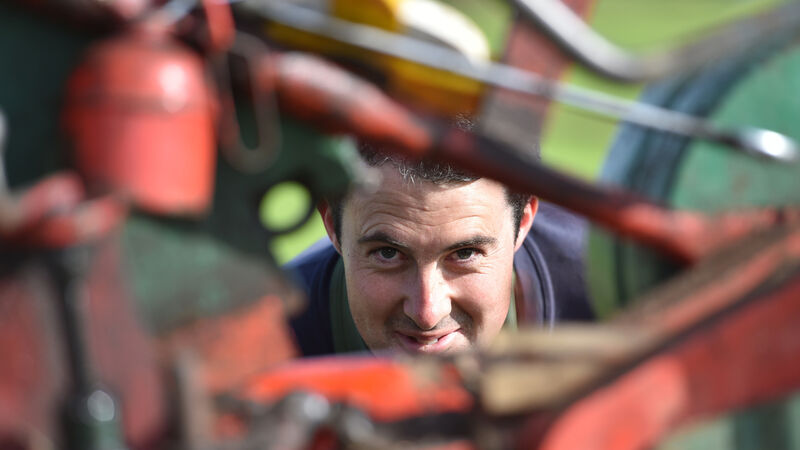It's great to be back at the Ploughing as the world heads to Laois

John Murphy from Timoleague, West Cork, adjusting his plough at the 2016 National Ploughing Championships at Screggan, Tullamore, Co Offaly. Picture: Dan LInehan
Try from €1.50 / week
SUBSCRIBEPEOPLE from the tillage lands of Tasmania to the furrows of Kenya and from one end of Ireland to the other recognise it as one of the great folk gatherings of modern times.
The event known as the national ploughing championships was held unbroken every year from 1931 to 2001, when it was called off due to the foot and mouth crisis, but it resumed the following year at Ballacolla in Laois.
Already a subscriber? Sign in
You have reached your article limit.
Annual €130 €80
Best value
Monthly €12€6 / month
Introductory offers for new customers. Annual billed once for first year. Renews at €130. Monthly initial discount (first 3 months) billed monthly, then €12 a month. Ts&Cs apply.
Newsletter
Keep up-to-date with all the latest developments in Farming with our weekly newsletter.
Newsletter
Keep up-to-date with all the latest developments in Farming with our weekly newsletter.
Newsletter
Sign up to the best reads of the week from irishexaminer.com selected just for you.
Newsletter
Keep up with stories of the day with our lunchtime news wrap and important breaking news alerts.
Saturday, February 7, 2026 - 7:00 AM
Friday, February 6, 2026 - 4:00 PM
Friday, February 6, 2026 - 9:00 PM
© Examiner Echo Group Limited